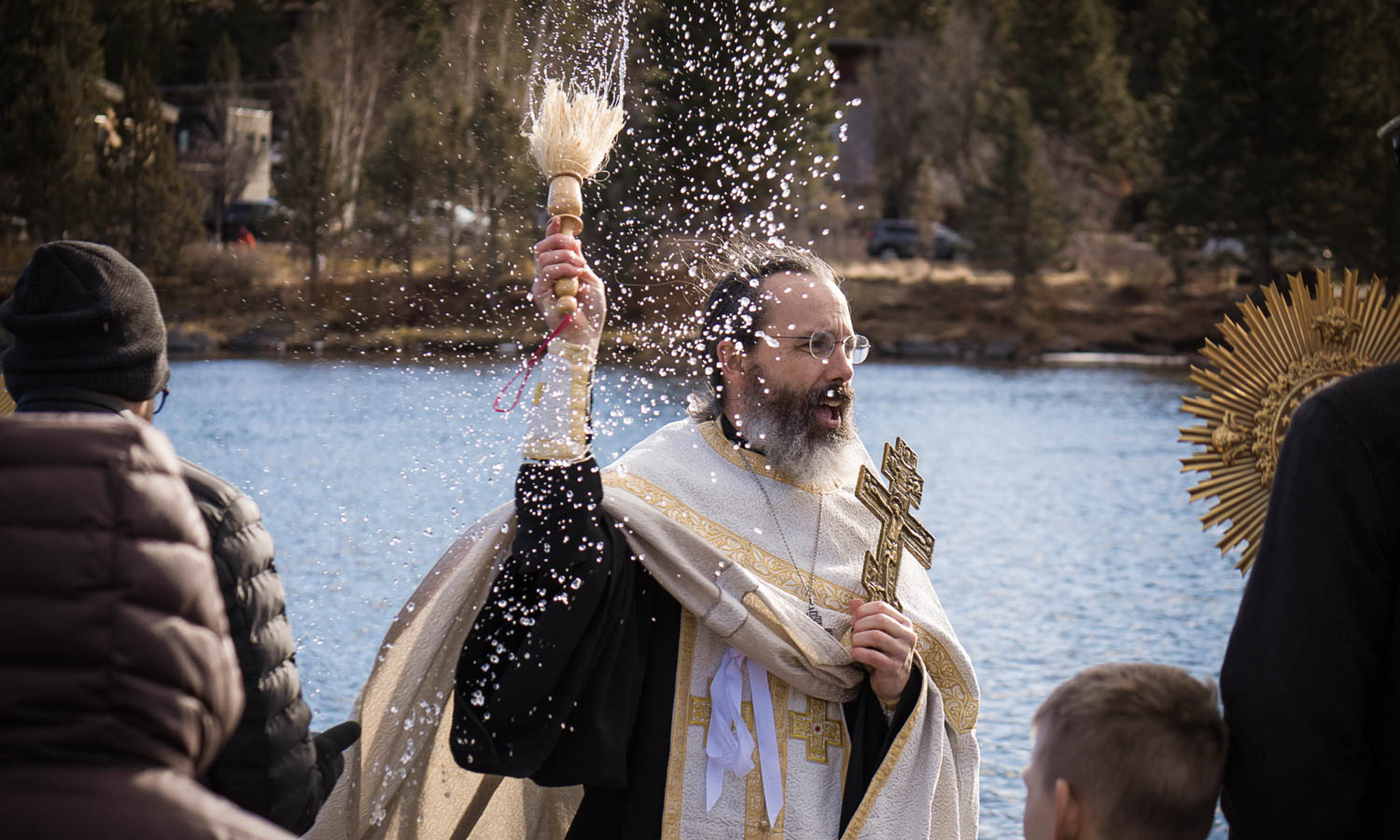Visitation by His Grace Bishop Tikhon (Bellavin), Bishop of the Aleutians and North America
to the Orthodox parish in Hartshorne, Indian Territory (Oklahoma)
as related in the Russian Orthodox American Messenger, May 1904
Our Orthodox Visitor: On April 6 (19), Bright Tuesday, Hartshorne had the good fortune to receive His Grace, Vladyka Tikhon. Meeting the archpastor at the railway station were the rector of the church, Hieromonk Tikhon (Rostovsky); the church warden, Vasiliy Prokopchak; and the local brotherhood, led by their chairman, Ivan Kitchak; along with a host of children. Led by Hierodeacon Anthony, His Eminence was brought from the station to the church in a carriage, accompanied by the crowd gathered.
Continue reading “St. Tikhon visits Oklahoma”